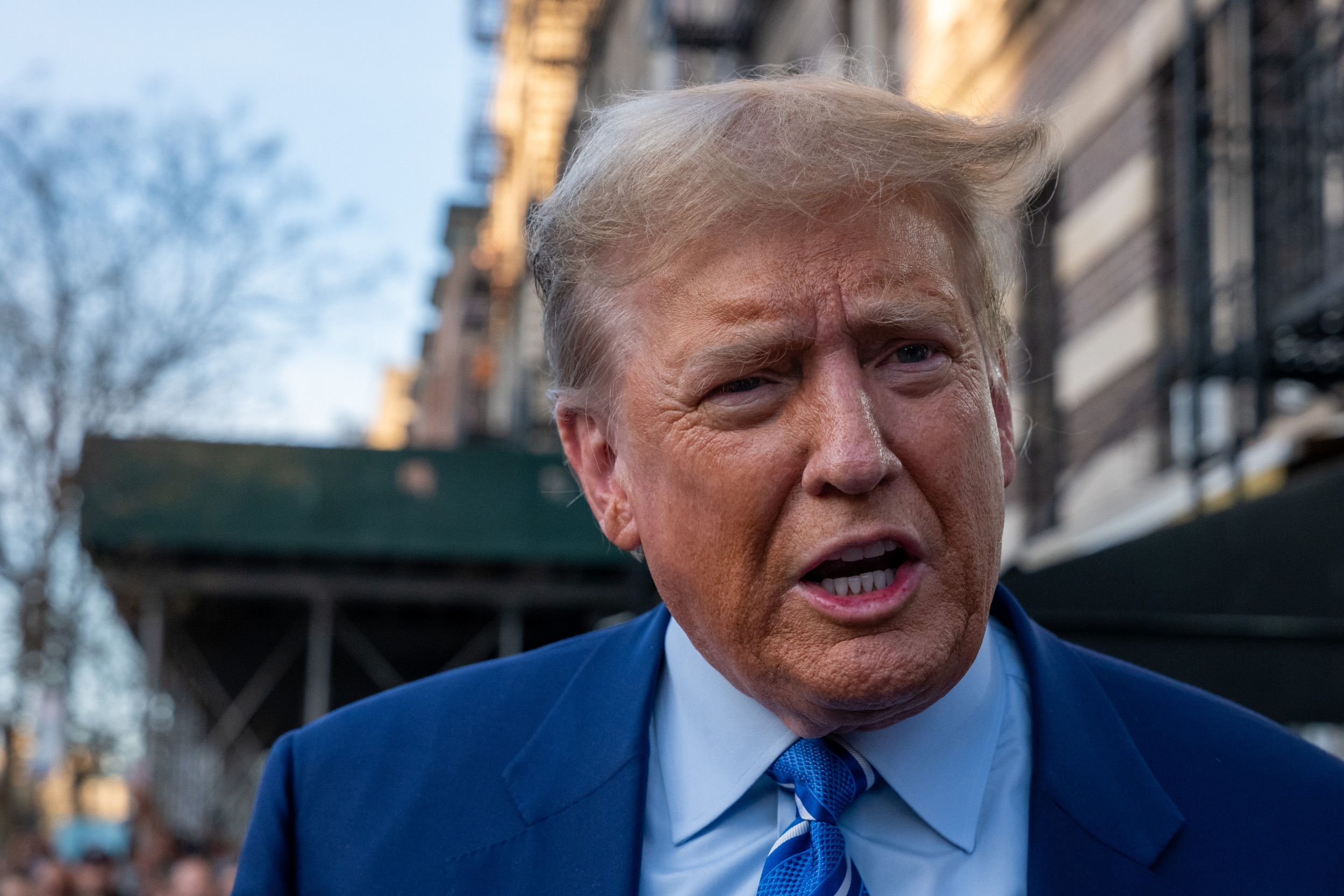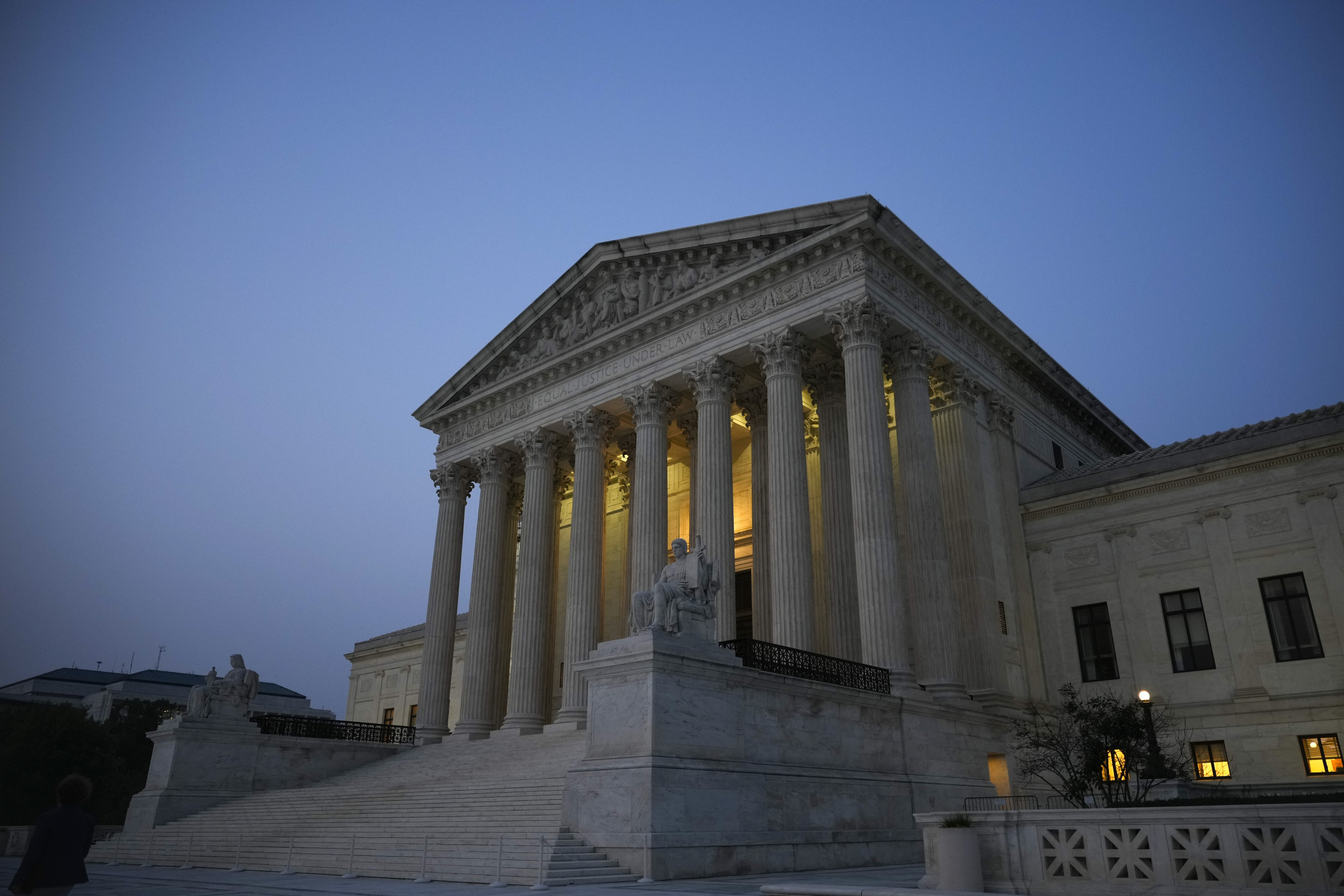COCO HAS BLEACHED-BLOND HAIR, BLUE CONTACT lenses, and a silver stud in his nose. Not your typical Chinese patriot, in other words. But the 20-year-old crooner in a Shanghai nightclub insists he's proud to be Chinese. ""For some reason, to say you're Chinese has become kind of a cool thing to say,'' he reports. ""People are no longer jealous of foreigners.'' Coco sings Billie Holiday tunes in a bar decorated with license plates from California and New Jersey, a neon Budweiser sign and
several San Francisco Giants baseball caps. But no one ever said patriotism was logical. ""I really appreciate Chinese culture,'' Coco insists. ""The government does put pride into people.''
Not for decades, maybe centuries, have so many Chinese felt this way. This week Hong Kong returns to Chinese sovereignty after 156 years of British rule (""Pearl, pearl, come back quickly, come back to mother's hug,'' sing kindergartners all over China). Public opinion in Hong Kong remains divided over the new Chinese government, with polls showing that less than half the population would join China if given a free choice. And it's unclear how the country's rising pride will affect China's standing with the rest of the world; much depends on how Beijing channels the surge. But for many Chinese, even those who feel ambivalent about communist rule, Hong Kong's return is more than just an extravagant fireworks display. ""It gives me pleasure that China might eventually come out from being humiliated and cheated,'' says John Young, executive director of the Committee of 100, an organization of prominent Chinese-Americans.
Mao Zedong proclaimed it on the day the People's Republic was founded in 1949: ""Zhongguo renmin zhan qilai le,'' or, ""The Chinese people have stood up.'' It's much truer today than it was then. Mao quickly knocked China on its back again, with a disastrous triple punch of socialist economics, isolation and civil unrest. Now the pragmatism of Deng Xiaoping and his successors in Beijing has made China prosperous at last; the humiliation is over. ""In past times, foreigners looked down on us,'' says Lu Muqing, 74, a retired teacher in Shanghai. ""Now we are equal. Our country is strong - otherwise, we wouldn't have been able to get Hong Kong back.'' That's the theme of ""The Opium War,'' a Beijing-backed movie about how the venal British wrenched Hong Kong Island from the enervated Ching empire. It's playing to sold-out theaters in Hong Kong.
To some degree, the world should be grateful for China's newfound pride. A country without a healthy patriotism - Russia after the collapse of the Soviet Union, for example - is a country adrift and dangerous. But can China cultivate this patriotism responsibly, without letting it degenerate into nationalism and xenophobia? ""The handover of Hong Kong is a great opportunity to elevate people's feelings of allegiance,'' says Yujian Zheng, a philosophy professor at Hong Kong's Lingnan College. ""But that kind of emotional power can be misled.''
Beijing is doing everything it can to pump up the patriotism. The old communist propaganda machine has shifted into overdrive, churning out enough posters and banners and billboards and commemorative stamps to sink a British opium sloop. It's hard to know, though, how much is really sinking in. ""I'm happy that Hong Kong is returning,'' says 80-year-old Granny Zhao of Malangguan village, about three hours south of Beijing. ""The box says it's a happy occasion.'' She means the television, but asked why the occasion is happy, she says, ""I don't know really. They said it on the box, but I don't remember.'' Peasant Yang knows that Hong Kong is returning to the motherland, but isn't too sure where the colony is coming back from: ""America?'' he asks.
For the gerontocrats running China's government, patriotic fervor is supposed to serve two goals. First, like the cornstarch in hoisin sauce, it's meant to bind the many disparate elements that the Chinese nation has fractured into: the new rich and the old poor, the go-go seacoast and the stagnating hinterland, the cynical masses and their communist rulers - who are desperate to hang on to power. ""The government is doing this to boost its own political capital,'' says Wang Shan, author of the 1994 neoconservative tract ""Viewing China Through a Third Eye.''
BEIJING'S PATRIOTIC CAMPAIGN has another target: the many Chinese who live beyond its borders. The return of Hong Kong is just a dress rehearsal for the ultimate reunification, the return of what Beijing regards as the renegade province of Taiwan. But Taiwan's own nationalism is gearing up in response. ""The national identity that China is trying to create is as dangerous as that of Nazi Germany,'' says Stephen Lee, secretary-general of the Taiwan Independence Party. Last weekend more than 50,000 turned out for a ""Say No to China'' rally in Taipei. ""Hong Kong has no choice, but we have a choice,'' says rally organizer Trong Chai. What many Chinese outside the country find distasteful is the obvious political agenda behind Beijing's patriotism. ""Being Chinese is one thing, and being Beijing official orthodox is another,'' says Ming K. Chan, a history professor at the University of Hong Kong.
Even inside China itself, there's evidence that people see through nationalist ploys. Some Chinese manufacturers are appealing to patriotism in their advertising. ""Black hair, Chinese brand,'' sings Hong Kong pop star Andy Lee in a spot for Aini shampoo. Tea growers in Hangzhou, home of China's prized Dragon Well tea, launched a ""Just Say No to Foreign Tea'' campaign after foreign rivals Lipton and Lion appeared in their markets in 1995. But a Beijing-based polling firm, Datasea, found in a recent survey that only 6 percent of respondents said they felt a strong affinity for Chinese goods. ""People might talk about nationalism, but they do it while they're drinking a Coke,'' says Lu Liangming, a Datasea pollster.
For all that talk about Chinese identity, there's no consensus, from any quarter, about what that identity should be. ""We respect the old and care for the young,'' says Zeng Wuxian, 55, a former Shanghai factory worker. ""Foreigners are not so good to old people and children. They're always busy.'' C. H. Tung, the new chief executive of Hong Kong, thinks Asian values mean a fondness for order and an appreciation of the needs of the community above the rights of the individual. Liu Heung-shing, the editor of The Chinese, a new monthly magazine in Hong Kong, thinks Chinese identity is ""connected to Confucianism, built around families and connections. It's something Chinese people can feel, even if they don't describe it in words.''
Defining this identity will be nearly impossible as long as mainland China stifles free speech. ""Debates about national character have been effectively silenced,'' says Geremie Barme, a senior fellow at Australian National University. ""What is good in Chinese people? What is bad? To maintain its own rule, the Chinese Communist Party can't answer these questions honestly.'' The last time that Chinese intellectuals undertook that debate was in 1988, when a six-part television series called ""River Elegy'' tried to explain Chinese culture as a struggle between the ""yellow'' forces of the inward-looking hinterland and the ""blue'' forces of the outward-looking seacoast. After the Tiananmen massacre of 1989, such critical discussion became politically impossible. ""Sure, we [Chinese] all like the idea that China's getting stronger,'' says You Si, a painter living in New York. ""But I'm pessimistic about what Chinese character really is. Chinese people can't admit their own shortcomings.''
Without free discussion, patriotism could be reduced to its crudest forms. ""China openly uses symbolic resources as a kind of control,'' says Zheng of Lingnan College. ""Patriotism could be used in Hong Kong as a way of excluding some people and including others.'' Maybe that's why a dissident-in-waiting like Martin Lee, leader of Hong Kong's Democratic Party, has been careful to celebrate the end of colonialism. ""For Chinese people all over the world [the handover] is a moment of glory because we can now put away the shame of the Opium War,'' he told the American Chamber of Commerce in a speech last week. C. H. Tung has already said that the only qualifications for running for office in Hong Kong will be ""loving China and loving Hong Kong.'' It sounds broad-minded. But one can also imagine those criteria taking a McCarthyite turn. ""They'll use the term "unpatriotic' to revoke the legitimacy of people and things in Hong Kong,'' predicts Barme.
Hong Kong has long been the real incubator of modern Chinese sensibilities. The Chinese mainland, bowed down by censorship, never played that role. Singapore, a largely Chinese island in a sea of Malay culture, has contributed little to a sense of Chinese identity. Some Chinese academics in the United States have published work on the subject, but they are too few to establish critical mass. Artists and intellectuals in Taiwan are developing a fresh kind of Chinese culture, but the political need to stress ""Taiwanese'' identity has reduced their momentum. For better or for worse, Hong Kong is the place to figure out what it means to be a Chinese person in the modern world. If China stifles free speech there, it will lose more than ""face,'' maybe even more than economic prosperity. It stands to lose the glimmerings of its own future self.
Uncommon Knowledge
Newsweek is committed to challenging conventional wisdom and finding connections in the search for common ground.
Newsweek is committed to challenging conventional wisdom and finding connections in the search for common ground.
About the writer
To read how Newsweek uses AI as a newsroom tool, Click here.








